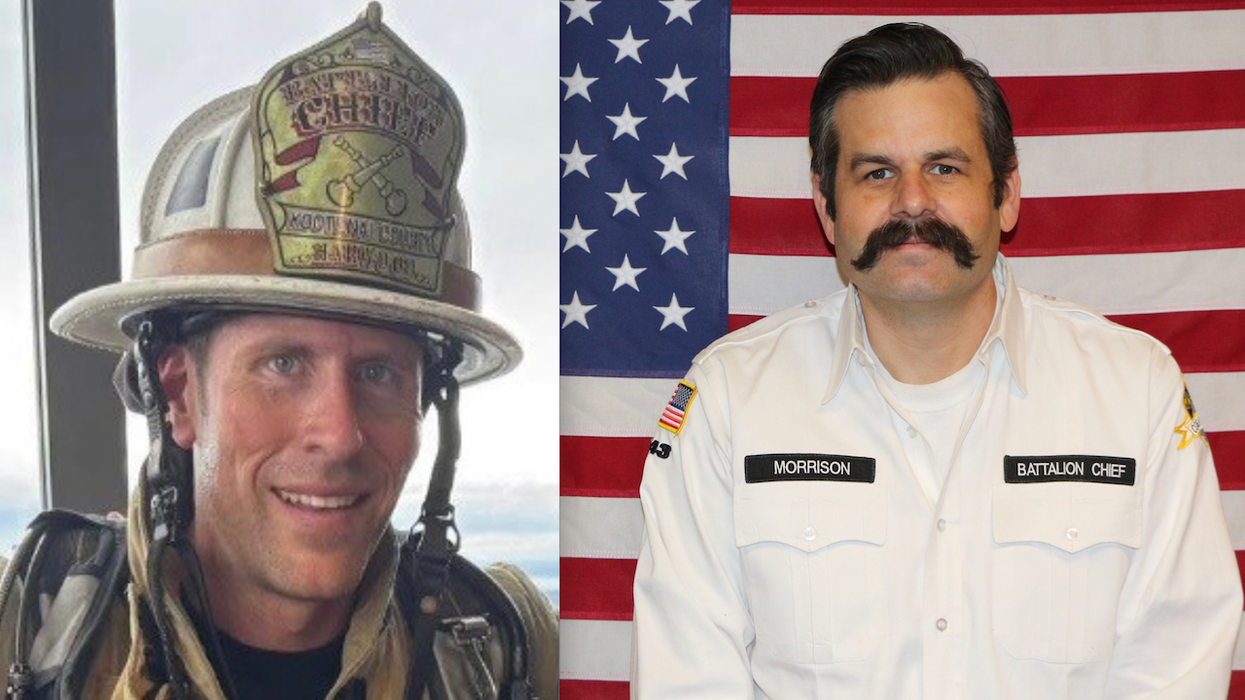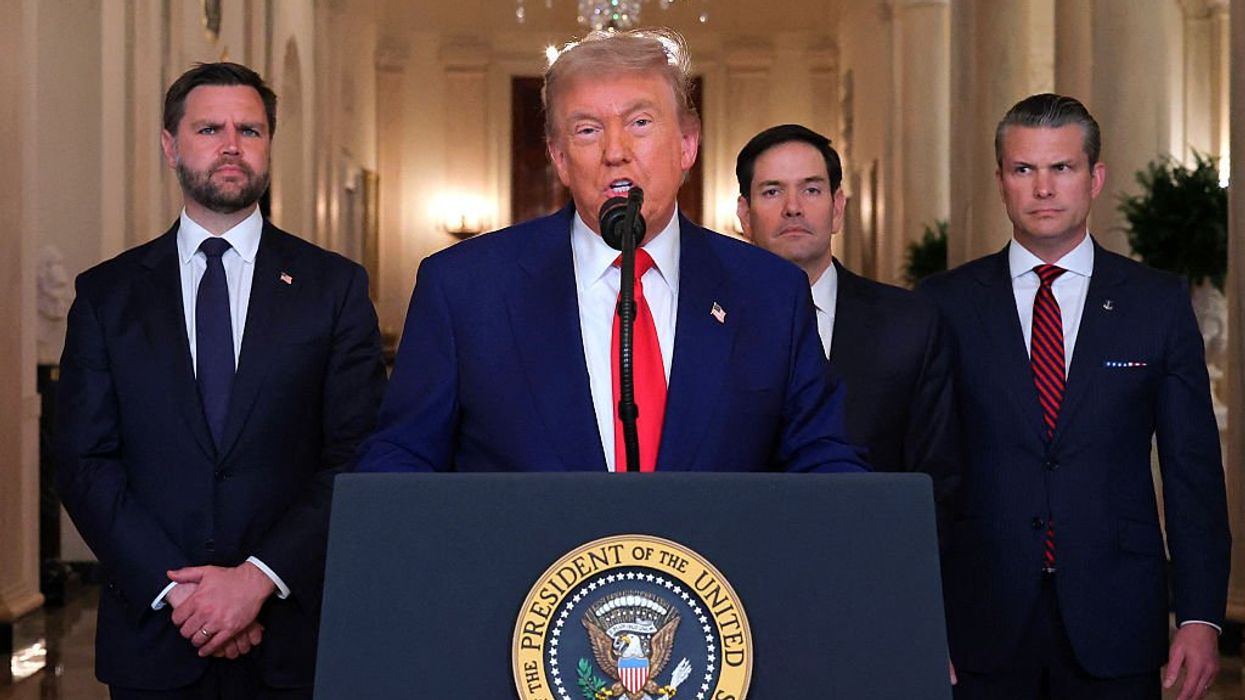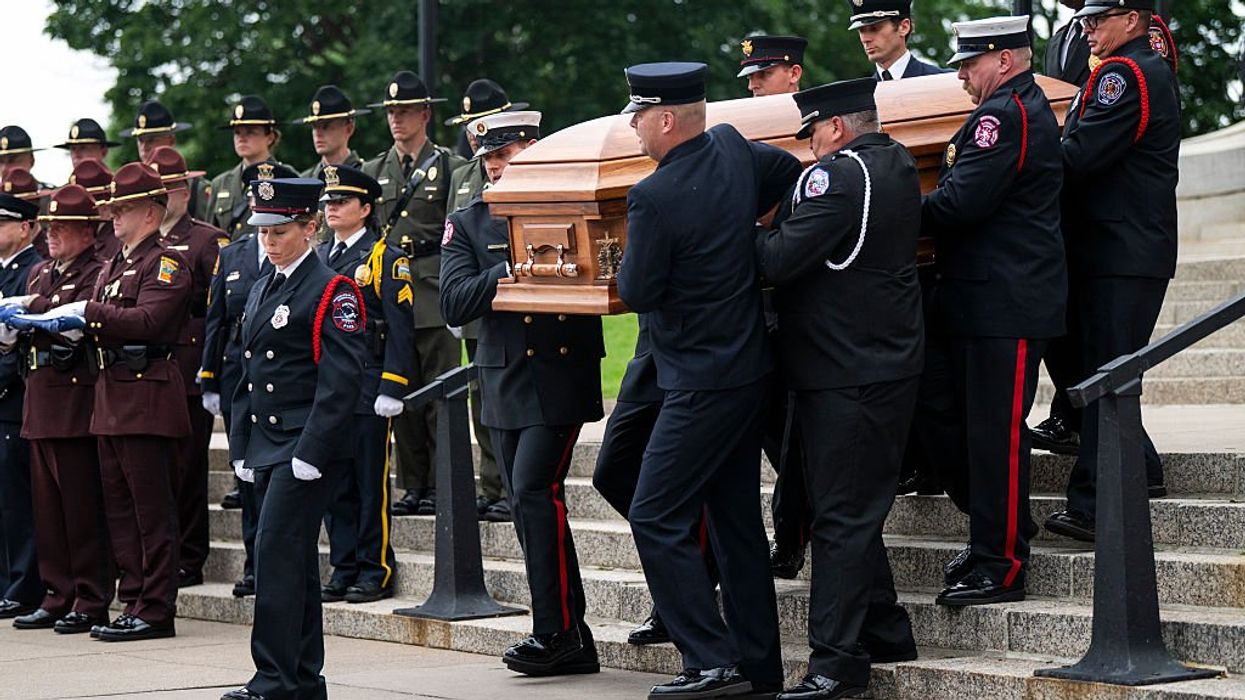While President Barack Obama's planned executive action aimed at decreasing gun violence does include a plan for easier access to mental health care, it also calls for doctors to report mentally ill patients to the Federal Bureau of Investigation.
According to details of the plan released by the White House, the rule allows for the Department of Health and Human Services to remove any barriers that could prevent health care providers from reporting patients with mental illnesses in order to disqualify those individuals from obtaining a firearm.
 President Barack Obama speaks about gun control during a meeting with top law enforcement officials in the Oval Office at the White House Jan. 4. (Mark Wilson/Getty Images)
President Barack Obama speaks about gun control during a meeting with top law enforcement officials in the Oval Office at the White House Jan. 4. (Mark Wilson/Getty Images)
"Under this final rule, only covered entities with lawful authority to make the adjudications or commitment decisions that make individuals subject to the federal mental health prohibitor, or that serve as repositories of information for the [National Instant Criminal Background Check System] reporting purposes are permitted to disclose the information needed for these purposes," a summary of the rule states. "The disclosure is restricted to limited demographic and certain other information needed for NICS purposes. The rule specifically prohibits the disclosure of diagnostic or clinical information, from medical records or other sources, and any mental health information beyond the indication that the individual is subject to the Federal mental health prohibitor."
As Politico reported, the 1993 Brady law already prohibits individuals who have been involuntarily committed, found incompetent to stand trial or deemed by a court to be a danger to themselves or others from owning a gun. However, federal health care privacy rules do prohibit doctors and other health care professionals from sharing information regarding the mental health of patients without the patient's consent.
Yet when the Obama administration's new rule goes into effect next month, health care professionals will be able to disclose that information to a background check system with no legal ramifications.
"That could be a barn door opened quite wide if an administration really wanted to open it, and they didn’t," Paul Gionfriddo, chief executive of the mental health rights advocate Mental Health America, told Politico. "The administration has taken great pain to try to clarify that there is very limited information that would be reported only within a very limited group."
Other actions taken by the president will include strengthening background checks, hiring additional federal law enforcement officials to enforce current laws and investing $500 million to increase access to mental health care.

 President Barack Obama speaks about gun control during a meeting with top law enforcement officials in the Oval Office at the White House Jan. 4. (Mark Wilson/Getty Images)
President Barack Obama speaks about gun control during a meeting with top law enforcement officials in the Oval Office at the White House Jan. 4. (Mark Wilson/Getty Images)





